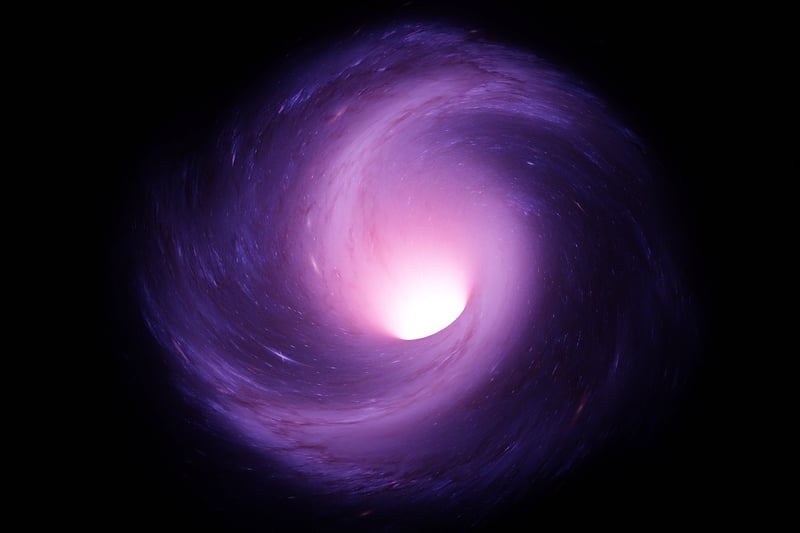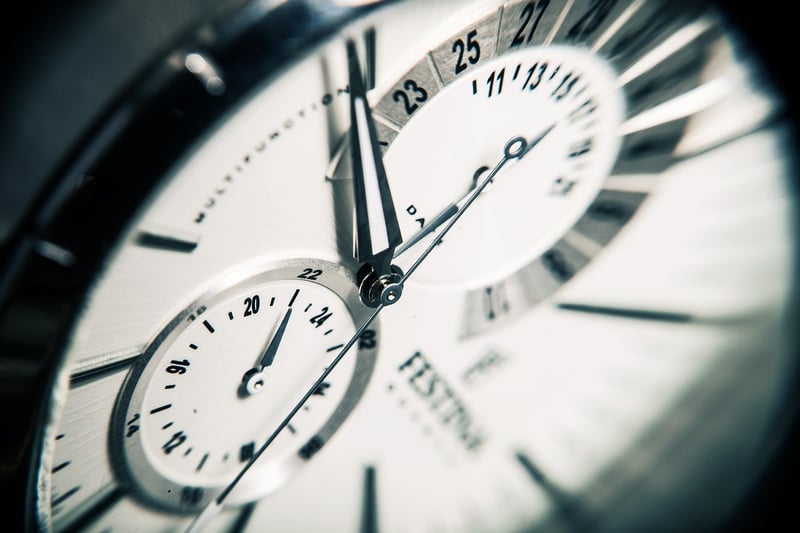Temporal Paradoxes
The Science Behind Time Travel and Temporal Paradoxes
Time travel has been a popular concept in science fiction for decades, but is there any scientific basis for it? Let's explore the theoretical foundations of time travel and dive into the fascinating world of temporal paradoxes.
Understanding Time Travel
According to Einstein's theory of relativity, particularly the concept of time dilation, time travel to the future is theoretically possible. As an object's speed approaches the speed of light or if it experiences extreme gravitational forces, time for that object slows down relative to a stationary observer. This phenomenon is known as time dilation.
However, traveling to the past is a more complex and contentious issue. Theoretical physicists have proposed various concepts such as wormholes, closed time-like curves, and cosmic strings to explain the possibility of traveling back in time. These concepts involve bending spacetime in ways that allow for loops or shortcuts through time.
Temporal Paradoxes
One of the most famous temporal paradoxes is the grandfather paradox, where a time traveler goes back in time and prevents their grandparents from meeting, thus preventing their own existence. This paradox raises questions about causality and the potential for altering past events.
Other paradoxes include the bootstrap paradox, where an object or information exists without being created, and the predestination paradox, where a time traveler's actions inadvertently cause the event they were trying to prevent.
The Ethics of Time Travel
Aside from the scientific implications, time travel also raises ethical considerations. If time travel were possible, should we interfere with past events? What are the consequences of altering the course of history? These questions highlight the moral dilemmas that time travel could pose.
Conclusion
While time travel remains a theoretical concept with no practical implementation as of yet, the scientific exploration of its possibilities continues to captivate our imagination. The study of temporal paradoxes challenges our understanding of causality and the nature of time itself, making it a fascinating subject for both scientists and science fiction enthusiasts.


